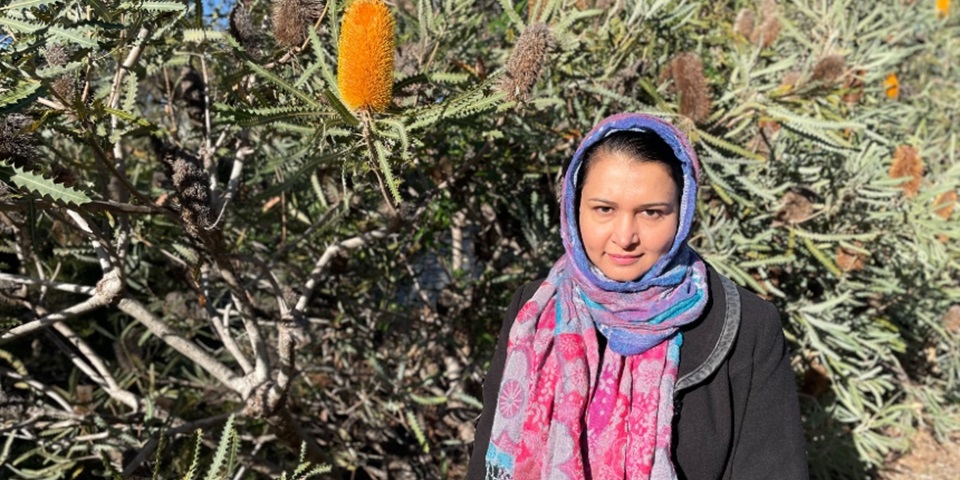News
How we're greening the fastest growing industry on the planet

The explosive growth of artificial intelligence presents a range of significant opportunities and challenges. The most important one for the planet is how to make it environmentally sustainable.
Today’s tech industry is responsible for 2% to 3% of global carbon emissions – on par with aviation. So, as it undergoes another major boom driven by AI, increasing the energy required to fuel it, a critical review of sustainability practices is required.
Students and researchers at Murdoch’s School of Information Technology are working to fill that knowledge and skills gap under the guidance of Dr Umera Imtinan.
“Ten years ago, we used to say things like ‘I won’t print this email’ and felt this was a step towards sustainability,” Dr Imtinan said.
“At that time, it made sense but the speed at which things are growing this is no longer the focus nor presents a tangible impact.”
She references research that forecasts by 2040, carbon emissions from the tech industry will reach 15% to 17% of global emissions, which means we need to make changes now that can have cascading effects in the long term.
What we’ve found is a major gap in skills and research – there are very few studies across the world that are exploring how we address the environmental impact of the IT industry.”
Dr Umera Imtinan
Dr Imtinan is leading two research projects to address this gap, noting they are seeds of potentially much bigger things with both Europe and the US in the same position when it comes to research in sustainability in IT – infancy.
“We are looking at two things; how do we ensure we train industry professionals to understand the environmental context and embed sustainability in their practice; and how do we make Information Systems’ design and development sustainable in the long term,” she said.
Dr Mostafa Hamadi, Dr Florence Mwagwabi, Dr Fatuma Namisango and Mrs Despina Giannakaki are co-investigators from the School of Information Technology.
Collaborating with both researchers and students at Murdoch, the team will first explore student perspectives to understand their thinking, perceptions and attitudes towards sustainability to understand where the gaps are.
Secondly, they are undertaking research with senior industry professionals who are working across Information Systems’ design lifecycles to understand their knowledge, perceptions and practices in the area.
“These two things will come together to inform a sustainable system development lifecycle that incorporates sustainability throughout, so we can see where to most effectively insert sustainable practices.”
Through each step of this process there’s an opportunity to consider sustainability, Dr Imtinan explained.
“How will an Information System talk to other systems? Are their processes or design workflows that will use fewer lines of code, less processing time and less energy? Are there more energy efficient programming languages or more efficient functions?
“It’s looking at how we can improve many little things in design and development – and embed these practices in current and future industry leaders – to deliver a much greater collective impact.”
The team will be designing a unit on sustainable practices in Information Systems, alongside a training program offered to emerging IT professionals through major IT industry body the Australian Computer Society.
This work to train future industry change agents is what most excites Pro Vice Chancellor Sustainability Associate Professor Martin Brueckner.
“Greening the curriculum and its connection to the United Nations Sustainable Development Goals raises awareness which has wider ripple effects into the home, communities and workplaces,” Dr Bruecker said.
“Beyond that, we’re creating competencies for people to become change agents in the fastest growing industry in the world.”
He also points out that it not only presents environmental benefits, but also financial gains in waste and energy.
The benefits of sustainability are never purely environmental.”
Pro Vice Chancellor Sustainability Martin Brueckner
While the projects underway are relatively small today, they have the potential to lead to something much bigger according to Dr Imtinan.
“We have an opportunity to generate meaningful, practical changes that are shared across industry and have an impact far beyond this university.”
Learn more about our School of Information Technology.News
How we're greening the fastest growing industry on the planet
Posted on